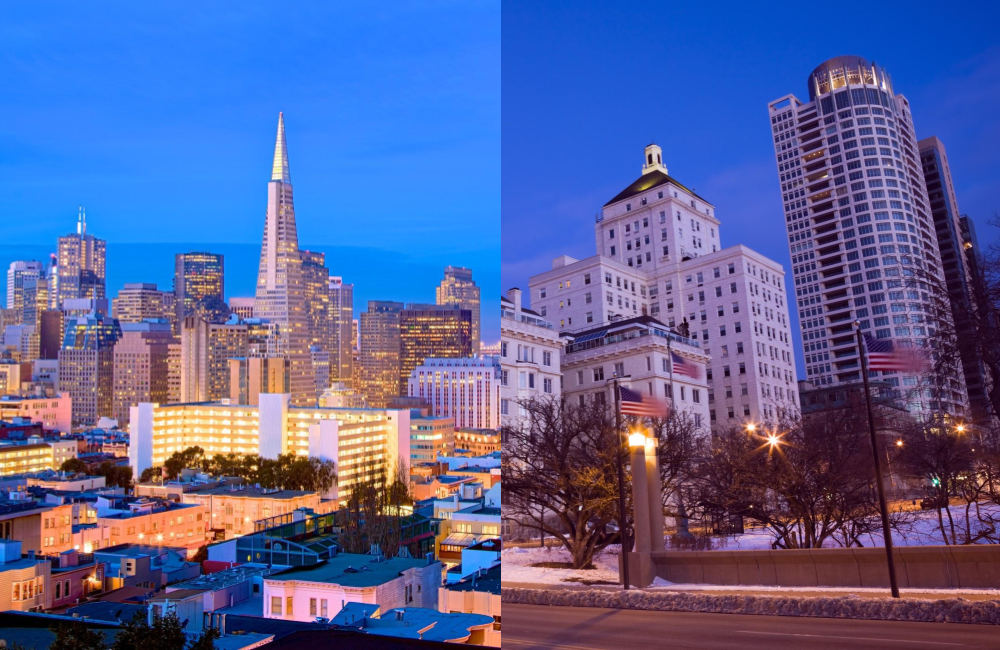“How can we become the next Silicon Valley?”
This question is omnipresent in many major startup hubs all over the world. By creating an environment that gives momentum to fast moving startups, government officials and tech aficionados expect to bring innovation, jobs, and talent to their city’s ecosystem.
I’ve worked alongside ecosystem disruptors in the American Midwest, Google Launchpad’s Manos Accelerator, Austria’s Go Silicon Valley program, and will next participate in Argentina’s push for a stronger entrepreneurial community. I’ve seen government funded programs up close while in Startup Chile or Puerto Rico’s Parallel 18’s events, and have worked shoulder to shoulder with dozens of government programs at the world’s largest accelerator Plug & Play Tech Center with my startup NomadApp.co .
I’ve experienced a wide palette of possibilities for how governments can spend their resources in order to impact their local startup communities and have drawn a strong conclusion.
You can’t—or at least shouldn’t—replicate Silicon Valley. You, be you. Everybody else is taken.
The private and publicly funded programs who are best performing are not competing with Silicon Valley; they are building bridges instead.
They are building toward wherever their startups need connections to—bridges and relationships to San Francisco, New York, Paris, London, and many more. In doing so, they are connecting their local talent to all the press, talent, funding, and opportunities that the world has to offer.
Nathan D. Harris, founder of freelancer marketplace Ease, is one of the Milwaukee leaders pushing for integration with the best opportunities around the world instead of trying to recreate those opportunities locally. He is a firm believer in bridging communities rather than copying them.
“Silicon Valley as an ecosystem has grown organically over decades, and it evolved from a unique combination of factors. Startup ecosystems like Milwaukee are just cut from a different cloth! We need to focus on our strengths instead of trying to aggressively compete with Silicon Valley,” Harris explains.
What gives Silicon Valley its influence in the startup world stretches back to a long history of talent relocating to the Valley for jobs in the semiconductor industry. The emergence of tech companies that resulted from this now local talent, along with a boom in computer technology—and later, the Internet itself, created lots of big investment opportunities and big exits. All this money flowed back into its own ecosystem and went into startups that were building “the next big thing.”
“While many startup hubs in the Midwest try to copy the Silicon Valley ecosystem, we have decided to find the best talent and connections around the world and create relationships with them. We are not trying to compete by taking other startup communities down. We want to be well connected with the best in every industry no matter where they are based,” Harris points out.
During the last two years, Harris has worked with top talent from Milwaukee, Phoenix, San Diego, and San Francisco while capitalizing on the individual strengths of each hub. Press and influencer connections are in Southern California, finance and big business partnerships in the East Coast, growth hacking and tech talent in Silicon Valley, biz dev in Milwaukee, and operations in Phoenix.
Following his example, Milwaukee CEO’s are now building bridges and relationships with California, and are importing the experience, mindset, and opportunities from those connections back home to Wisconsin.
The approach is already bearing fruit. In November, Milwaukee will host the first ever Wisconsin Startup Week and is inviting speakers like Sean Sheppard (GrowthX), Josh Fechter (BAMF.Media), and myself—Juan Felipe Campos, NomadApp.co—to share everything we have with the local startup ecosystem.
Instead of trying to invent their own opportunities, Milwaukee and the organizers of Startup Week’s “The Summit” have worked hard to attract speakers and mentors from outside while focusing on the unique needs and strengths of the local ecosystem.
As the community becomes better connected with world class opportunities, Milwaukee hopes to become best in class at its own kind of entrepreneurship. The city will continue to pursue its own verticals where it can turn its truths into unfair advantages along with a push for connections around the world and everything Harris and Ease stand for:
Entrepreneurs
Adapting to
Serve
Each Other.
This is a Contributor Post. Opinions expressed here are opinions of the Contributor. Influencive does not endorse or review brands mentioned; does not and cannot investigate relationships with brands, products, and people mentioned and is up to the Contributor to disclose. Contributors, amongst other accounts and articles may be professional fee-based.

